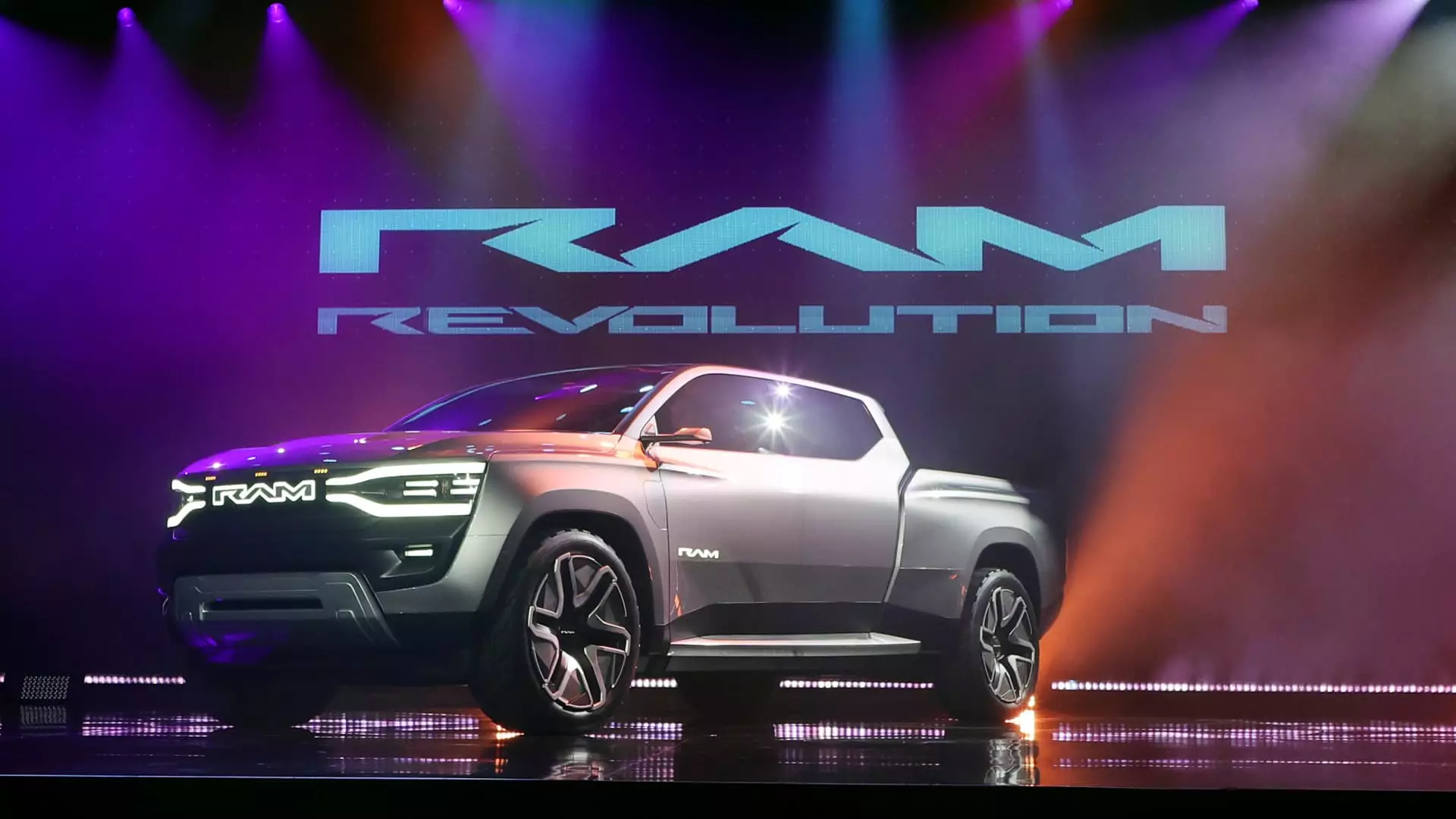Auto manufacturers, once heralded as pioneers of a green revolution, are now caught in a web of disappointment and strategic retreat. Stellantis’ decision to halt plans for a full-size electric Ram 1500 exposes a harsh truth: consumer demand for large electric trucks is not matching industry expectations. This pivot challenges the narrative that EVs are the inevitable future of transportation. Instead, it highlights the ongoing resistance—cultural, economic, and infrastructural—that curtails widespread adoption. For years, proponents painted electric vehicles as the moral and technological leap forward, but the market proves more complex and resistant than corporate lip service suggests. If the demand isn’t there now, how committed should society be to the idea that electric vehicles are the only viable automotive future?
Corporate Strategy Versus Sustainable Progress
Stellantis’ internal re-evaluation reveals a struggle to reconcile corporate ambitions with actual market realities. The decision to cancel the full-size electric Ram 1500, accompanied by the focus on an extended-range model, underscores a pragmatic, if somewhat cynical, approach. It’s easier for automakers to chase short-term profits with incremental innovations like extended-range models rather than commit to the costly and uncertain overhaul of their entire lineup. The apparent retreat speaks to an uncomfortable truth: sustainable progress often demands unwavering consumer trust and infrastructure support, neither of which are adequately in place. The move to downgrade expectations signals a shift from visionary innovation to cautious risk mitigation—a move driven less by environmental concern and more by economic pragmatism.
Political and Economic Headwinds Undermine Green Ambitions
The broader political landscape complicates this industry shift. The rollback of certain Biden-era incentives and the Trump administration’s efforts to dissolve EV subsidies reveal a fundamentally conflicted approach to climate policy. For those of us who believe in equitable and sustainable progress, this political back-and-forth is disheartening. It exposes how corporate and governmental interests are often misaligned—where environmental goals are sacrificed on the altar of short-term political gain or fossil fuel lobbying. This wavering support hampers meaningful investments needed to make electric vehicles accessible, affordable, and practical for the average consumer. A true transition requires consistency—and, sadly, the current climate shows that electric vehicle adoption remains entangled in political opportunism rather than genuine progress.
Rethinking the Paradigm: Are Electric Vehicles Still the Solution?
By doubling down on incremental changes and retreating from ambitious EV projects, companies like Stellantis risk undermining their own claimed commitment to environmental responsibility. The hesitance indicates that the electric vehicle movement may be more fragile than its advocates suggest. As the industry stumbles, it’s imperative we question whether the current trajectory benefits major corporations more than the planet or everyday consumers. Electric vehicles are often sold as the inevitable salvation—yet market realities demand a more nuanced understanding of energy transition, one that balances technological innovation with socioeconomic and infrastructural readiness. If progress is to be meaningful, it cannot be driven solely by corporate interests or fleeting political promises. Genuine change requires a willingness to challenge prevailing assumptions and to prioritize equitable, realistic solutions over superficial green branding.
In my view, the setbacks faced by Stellantis reflect a sobering truth: the push for electric vehicles cannot be divorced from societal and political resilience. As the industry pulls back from grand plans, it becomes clear that meaningful, lasting change hinges not just on technological breakthroughs but on addressing the very roots of resistance—economic inequality, infrastructure gaps, and political inconsistency. If we truly desire a sustainable future, we must be prepared to confront these challenges head-on rather than rely on industry-led illusions of effortless transition.

